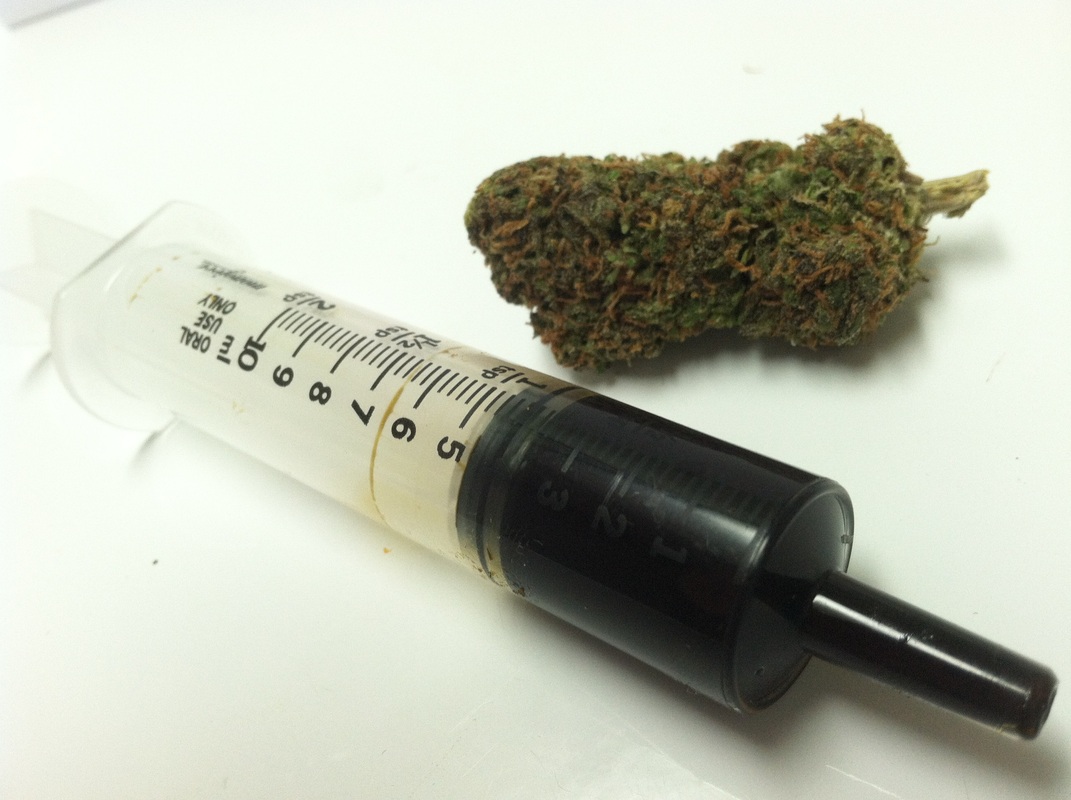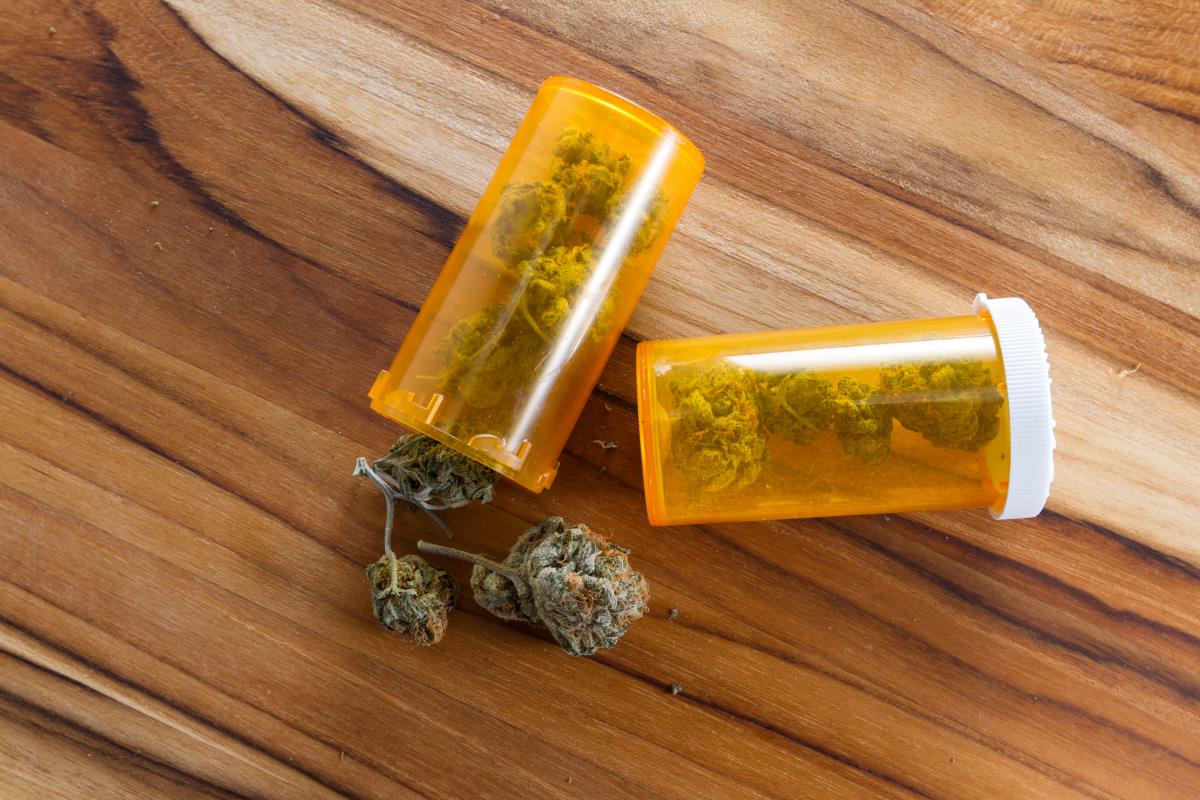Study: Compounds in cannabis found to inhibit the growth of cancer cells in the colon
05/13/2019 / By Vicki Batts

Does cannabis cure cancer? If you were to believe the pharmaceutical industry and their mainstream media pawns, the answer would be an emphatic “No.” According to them, the health benefits of cannabis are nothing more than myths conjured up by hopeful stoners. Yet, there are countless stories of people who’ve successfully treated any number of debilitating health conditions with cannabis — ranging from cancer to seizure disorders.
After years of tight regulations hampering research, scientists are now beginning to take a closer look at the purported benefits of cannabis, and what they’re finding is that this plant medicine really works. Recent research from Penn State shows that cannabinoid compounds can prevent cancer cell growth.
Cannabis compounds kill colon cancer
Recently published research from scientists at Penn State College of Medicine reveals that the medicinal compounds found in marijuana can actually stop cancer cells right in their tracks. The researchers studied 370 different cannabinoid compounds and their effects on seven different colon cancer cell lines.
What they found was that two of the most well-known cannabinoids, THC and CBD, had little to no effect on cancer cells — but, at least 10 lesser known compounds were found to display potent anticancer activity.
Kent Vrana, chair of the Department of Pharmacology at Penn State College of Medicine, says now that these anticancer compounds have been identified, understanding how they work will be the next step.
“The 10 compounds we found to be effective fall into three classes, so they’re similar to each other but with small changes,” Vrana says.
“We know how one of them works, which is by inhibiting the division of cells in general. We also found that the most potent and effective compounds don’t seem to work through traditional marijuana receptors, although we’re not sure of the exact mechanism yet,” he added.
Vrana states that once scientists understand how the compounds work, they can begin exploring how to make a synthetic version that’s even more potent. No plant medicine is safe from Big Pharma’s clutches, apparently.
Synthetic medicine is inferior to whole plants
Many of the synthetic chemicals used in modern medicine are based off of compounds and nutrients found in nature. While the mainstream medical community believes that these adulterated compounds are “better” than the real thing, science tells us otherwise.
Much evidence indicates that in many cases, synthetic nutrients can actually be harmful to the body. For example, the human body typically doesn’t use synthetic nutrients and compounds as well as naturally occurring ones. As Healthline notes, this is partially because natural nutrients never occur by themselves.
Nutrients act in concert to increase activity and absorption — and the same holds true for the cannabis plant. Synthetics lack these additional “bonus” nutrients, and studies show the body simply cannot use them effectively.
In cannabidiol (CBD) research, scientists have already shown that a CBD extract made directly from whole cannabis plant is superior to a synthetic, single-molecule CBD extract.
Despite the veritable mountain of evidence that cannabis has medicinal properties and can be used medicinally as-is to treat a wide range of diseases and conditions, legislators and pharma shills refuse to acknowledge the scientific reality that is medical marijuana. Accepting medical marijuana would give credence to the idea of “plant medicine” as a whole — and cannabis as a medicine is dangerous enough to the pharma industry by itself.
The truth is that there is nothing Big Pharma can do to make cannabis, or any other plant-derived medicine, “better.” All they can do is synthesize compounds we used to be able to grow in our own backyard, patent them and then sell them to us at a sky-high profit margin.
Learn more about medical cannabis at CBDS.news.
Sources for this article include:
Tagged Under: alternative medicine, Big Pharma, cannabis, health freedom, herbal medicine, medical marijuana, natural cures, natural medicine, synthetic medicine

















